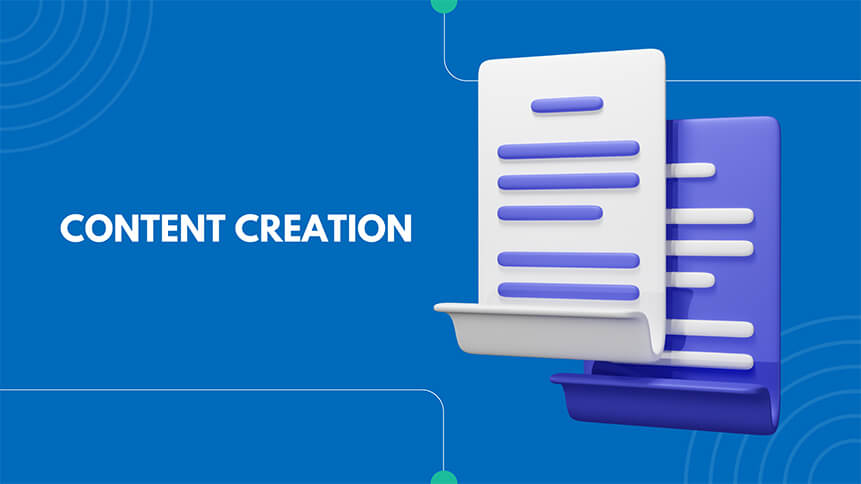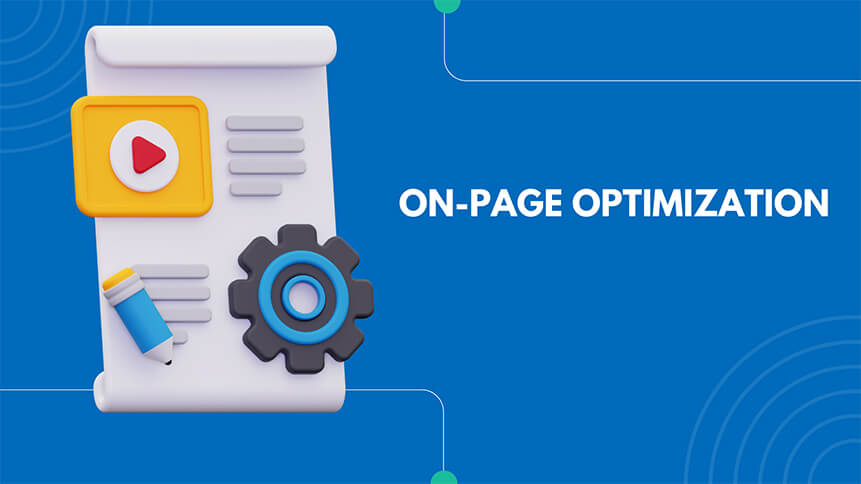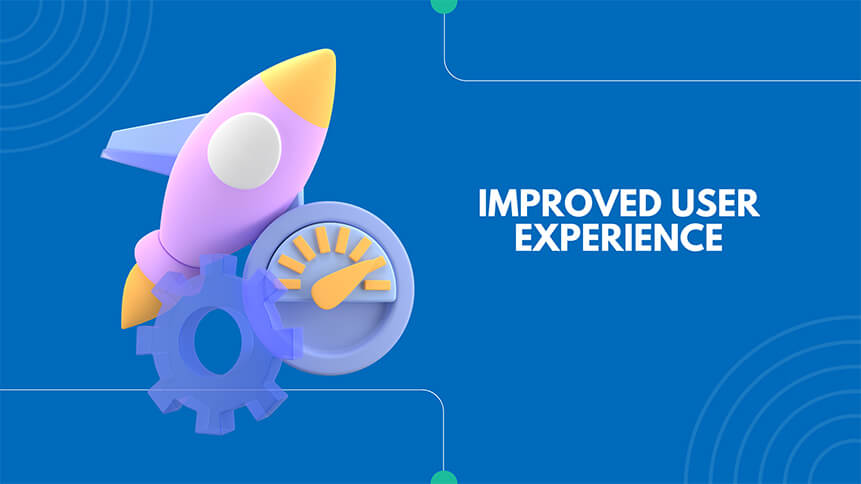However, as search engines become more sophisticated, so does the need for advanced tools to aid in SEO. That’s where Artificial Intelligence (AI) comes in. This blog post will explore how AI helps with SEO in the digital marketing landscape.

1. Improved Keyword Research
One of the most significant benefits of AI in SEO is its ability to improve keyword research. Traditionally, keyword research was a manual process that involved manually analyzing search volume and competition. However, this process can be automated with AI, making it quicker and more accurate.
AI-powered keywords research tools, such as Ahrefs and SEMrush, use machine learning algorithms to analyze search queries and provide insights into search volumes, trends, and competition levels. These tools can also help identify long-tail keywords and keyword variations relevant to a particular business or industry.

2. Content Creation
Creating high-quality content is critical to a successful SEO strategy. However, creating content that is both engaging and optimized for search engines can be challenging. AI-powered content creation tools can help solve this problem.
These tools use Natural Language Processing (NLP) algorithms to create unique, high-quality content optimized for SEO. They analyze keywords and phrases, structure sentences and paragraphs, and even suggest headings and subheadings, ensuring the content is well-optimized for search engines.

3. On-page Optimization
On-page optimization refers to optimizing individual web pages to rank higher and earn more relevant traffic in search engines. AI-powered on-page optimization tools help marketers optimize content for specific keywords and phrases.
These tools analyze content on a web page and provide suggestions for improvements, such as keyword usage, word count, and meta descriptions. They also analyze competitors' content to identify gaps in the content and suggest ways to improve the page's ranking.

4. Voice Search Optimization
As voice assistants, such as Siri and Alexa, become more popular, optimizing content for voice search is becoming increasingly important. Voice search optimization requires a different approach to traditional SEO, as users typically use longer, more conversational search queries.
AI-powered tools help identify common questions and queries related to a particular topic or industry. This information can then be used to optimize content for voice search, ensuring that it appears in relevant voice search results.

5. Improved User Experience
Finally, AI can help improve the user experience on a website, which is becoming increasingly important to search engines. AI-powered tools, such as chatbots and virtual assistants, can provide instant answers to common questions and personalized recommendations based on user behavior. By improving the user experience, businesses can increase engagement and reduce bounce rates, which can positively impact their search engine rankings.
AI is becoming an essential component of SEO in the digital marketing landscape. From improved keyword research to content creation and on-page optimization, AI-powered tools are helping businesses improve their search engine rankings and increase relevant traffic to their websites. As search engines continue to evolve, AI will likely play an even more significant role in SEO in the future.

How Does Categorical Keyword Research Help In Content Marketing?
Content is king.
Gone are the days that you will show up in the results page just because you wrote a thousand-word blog post with a repetitive keyword (Note: Repetitive means half of your content is your keyword - notwithstanding the value, sense, and importance of your content.)
Now, search engines evolved into a sensible and knowledgeable tool. Thanks to algorithms and machine learning.
When you hear the word “keyword” you may quickly associate it with SEO.
True but not entirely.
Half of the “keyword” should be associated with content.
Remember, Google’s algorithm now focuses on the value and importance of your content rather than useless repetition of keywords.
Here, I will teach you how categorizing your keywords can help you build a great content strategy.
What is Keyword Categorization?
It’s the process of categorizing, classifying, or sorting keywords according to their definition in various themes. Keyword categorization will help you create a guide for your content strategy.
In practice, you have to list down all your keywords and place them in certain categories.
How to Categorize Your Keywords?
There are a lot of ways to categorize your keywords. From the simple Excel sheet method where you create a filter or tag for your keywords to using a programming language like Python or BigML, the goal is to have a list of semantically related and categorized keywords.
You can categorize your keywords by:
1. Length - There are keywords that are short tail, mid-tail, and long tail.
2. Volume - Depending on the length, keywords may have different search volumes.
3. Search Intention - Is a user’s motivation behind searching keywords. The most established categories are transactional, informational, and navigational.
Why Categorize Your Keywords?
Keywords categorization offers major benefits like the following:
1. Keeping up with search engine algorithms. Complying with algorithms that you know a little bit about is a hard task. But with the help of keyword categorization, it’ll be easy to comply.
2. Creating more opportunities. When you target keywords with proper categorization, there will be more opportunities for your site or blog post to rank in search engines result pages.
3. Competing will be easy. SEO competition is tough - there are many different competitors for every business and every keyword. Keyword categorization is like one of your ammos in the SEO battlefield.
4. Seeing quick SEO results. (Arguably) One of the ways to see a huge change in time consumption is keyword categorization. SEO takes time but categorizing your keywords can give you positive quick results.
5. Conversion made easy. Conversion or making a sale is the ultimate goal of any business. Why choose a keyword that will only drive traffic and not conversion? So, experts recommend using multiple keywords in certain categories for better conversions.
But you told me that this will be about content strategy. Where is it here?
Here’s the thing, your overall content strategy should be aligned with your business goals.
For generating revenue, you have to use analytics to understand where your visitors are staying, which types of information they want, and if they convert from there. Then, you will identify which categories are most profitable for your business. After this, you can either revisit your content and make sure to tag appropriate categories or make more content based on these categories.
Keyword categorization will also help you in expanding your business by understanding your competitors’ content, keywords, and search volume.
All you have to do is to widen your view.
Now that you have all the information you need, you can start the groundwork of creating the best content strategy for your business.


